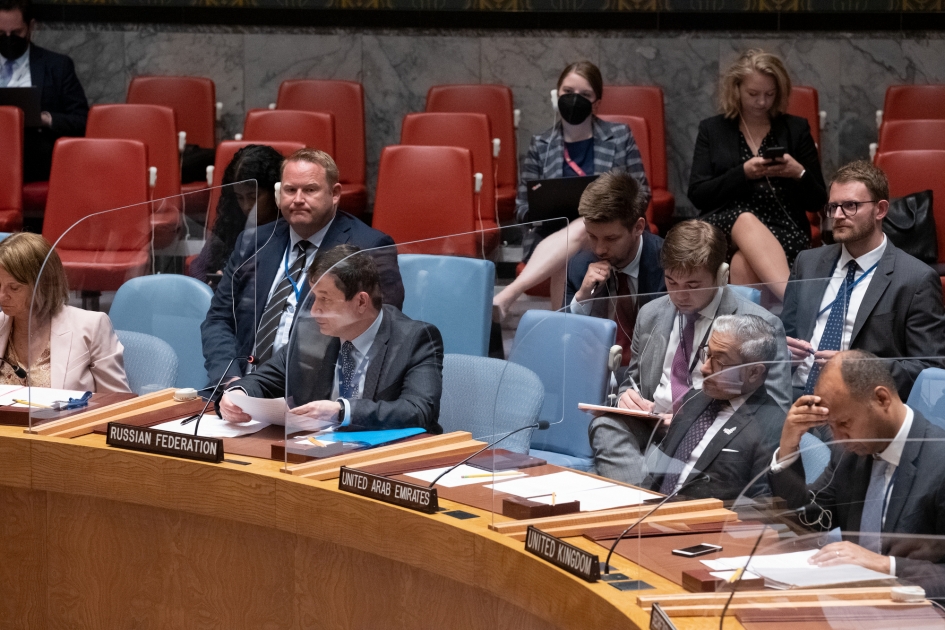Statement by First Deputy Permanent Representative Dmitry Polyanskiy at UNSC briefing on the situation in Libya
Mme.President,
We thank USG DiCarlo and Chair of 1970 Sanctions Committee Ambassador Tirumurti for their briefings.
We become more and more concerned by the developments in Libya, especially in light of the recent events. We regret to say it, but political process in that country is once again nearing a deadlock. Basically, there is duality of power on the Libyan soil. In February this year, the Parliament elected Fathi Bashagha new Prime Minister, who formed Government of National Stability and spent the recent two months struggling to have it recognized. In this context, we are very worried over the reported armed clashes in Tripoli that happened when F.Bashagha arrived in the capital. We once again underscore that disputes must not be resolved by force, especially in the current rather complex situation.
As far as one can judge, attempts to restart the political process yield mixed results – several meetings produced no tangible outcome. Nevertheless, we welcome progress of the meeting of the House of Representatives and Supreme Council of State in Cairo at the end of May, where sides were able to arrive at a preliminary compromise on a number of issues relating to the legislative basis of future elections.
We welcome that Libyans finally overcame the stalemate at the military track of the settlement. Meeting of the 5+5 Joint Military Commission in Toledo was a clear confirmation of that. We again call on Libyans to not lose momentum at this sensitive track, as it may be fraught with escalating confrontation and repetition of the 2019 sad scenario.
Mme.President,
Speaking of evacuation of foreign forces from Libya, our approaches remain unchanged. We will further reiterate our consistent and well-conceived arguments to advocate for a synchronized, well-balanced, systematic and step-by-step withdrawal of all non-Libyan armed groups and formations. Otherwise there may be serious risks of violating Libya’s fragile equilibrium.
In general terms, we do hope that Libyans will be able to overcome difficulties that they are exposed to by themselves on the basis of an inclusive dialogue and without any external disservice.
We are convinced that amidst these new realities on the ground, the role of the United Nations increases dramatically. However this work has not stood at a proper level for quite some time already, because of the absence of Head of UN Support Mission in Libya who would hold a relevant UNSC-authorized mandate. Once J.Kubiš retired in November 2021, amidst a crucial stage of the Libyan settlement, UNSMIL was left without any guidance. We think it is now obvious to anybody that configuration of UN efforts in their current form does not meet all existing requirements. We can state that engagement of Secretary-General’s emissaries at the Libyan track in an unclear status has dragged out and started to harm their cause.
In this regard, we stand for soonest appointment of a new Head of UNSMIL. When picking up a candidate, we shall need approval of Libyans, regional stakeholders and UNSC members.
Thank you.
